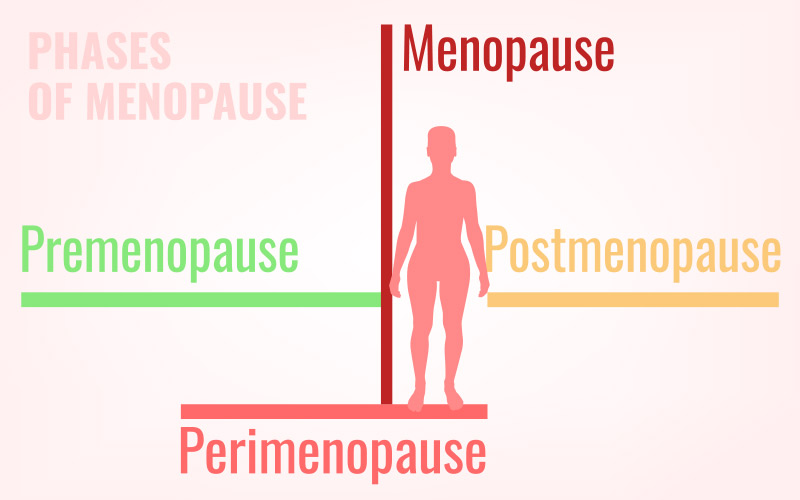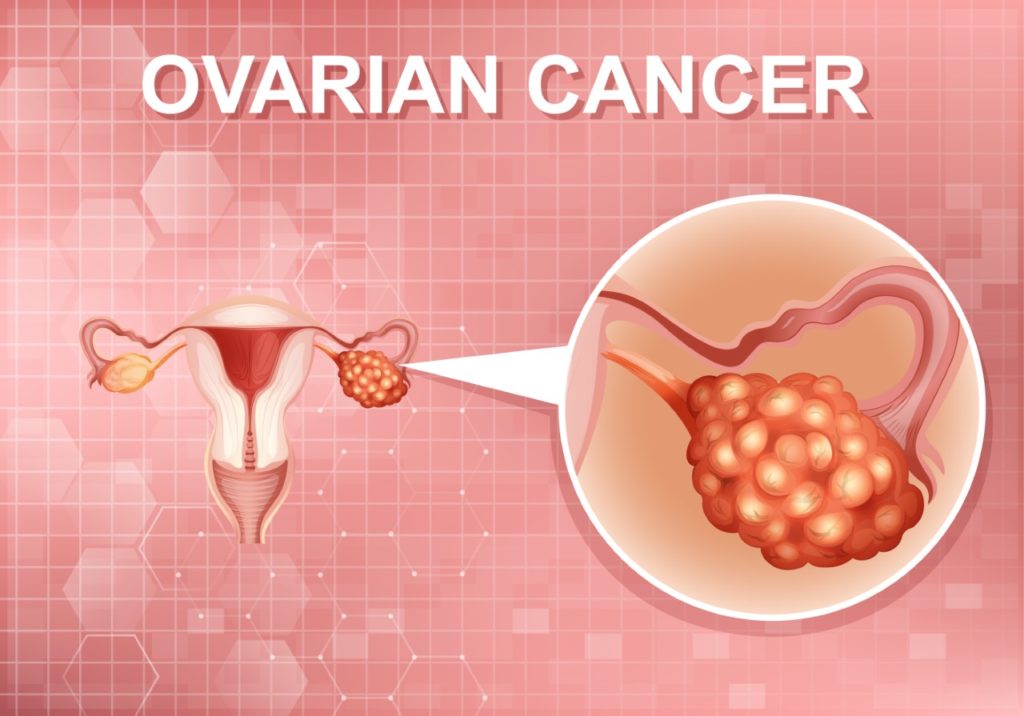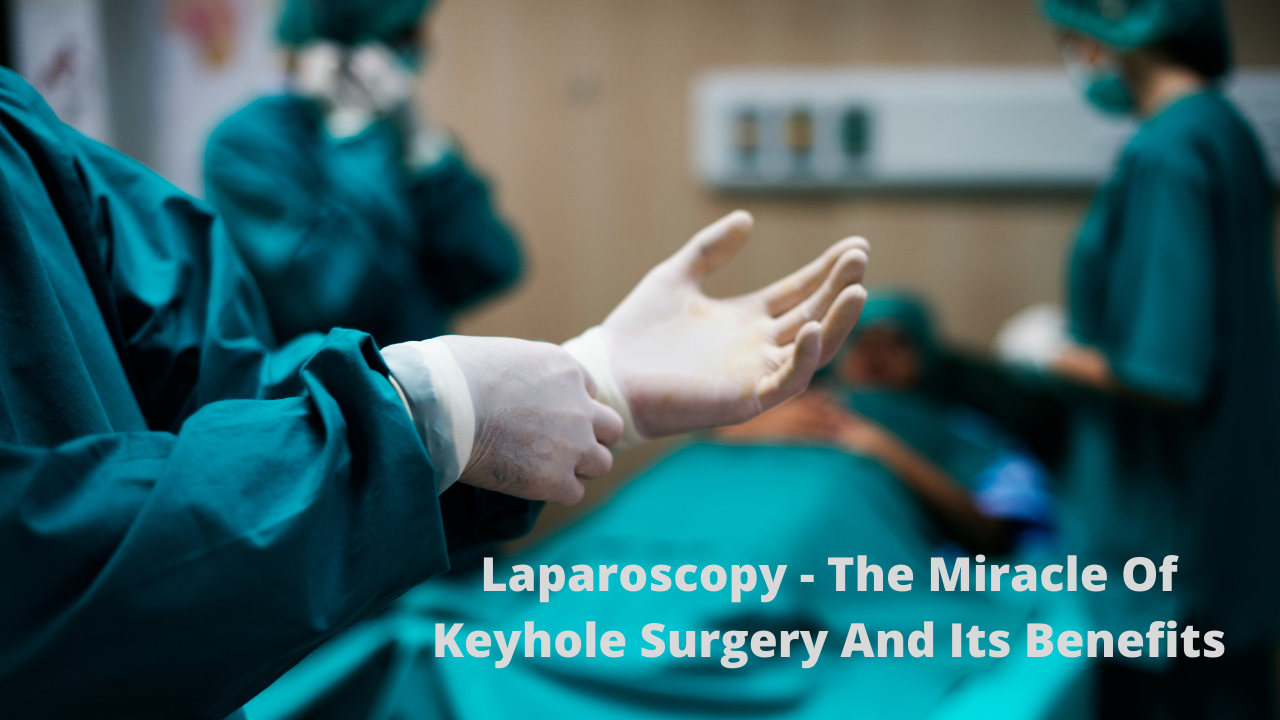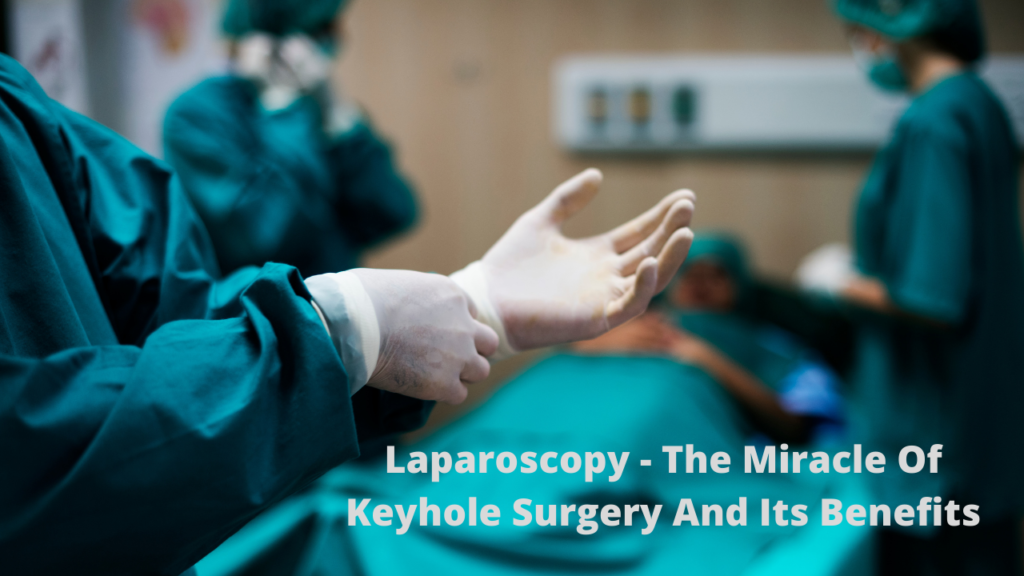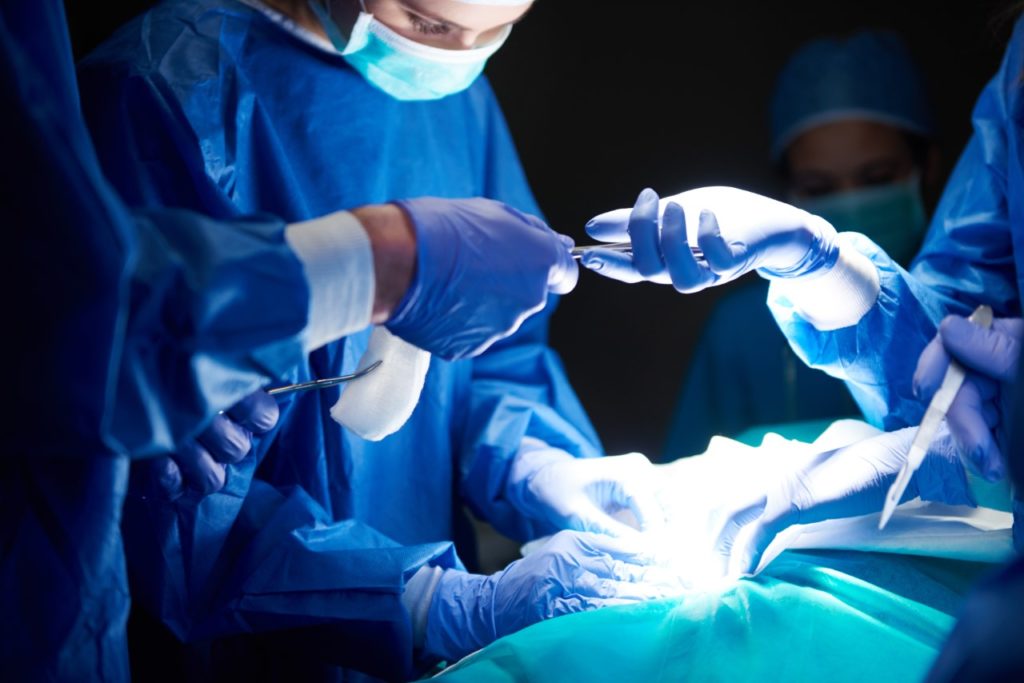Menopause can prompt many symptoms where the need for medications and proper treatment can arise. With the changing physical and psychological paradigm of a woman’s body, a doctor can recommend therapies to counter the hormonal imbalance and medications as well to get relief from the symptoms.
Quick Fact:
Some symptoms of menopause, such as irregular periods and hot flashes may appear before you undergo menopause.
Hormone Replacement Therapy (HRT)
The most common treatments preferred during menopause are:
• Hormone replacement therapy (HRT): This therapy is the primary treatment for menopausal symptoms and comprises the hormones namely estrogen and progesterone that may be lacking in the body. With estrogen supplements, symptoms like hot flashes, vaginal dryness and osteoporosis can be treated. However, estrogen can also increase the risks of some diseases, like uterine cancer. Therefore, with respect to the health condition of a woman, a doctor can choose the right option for her.
• SSRI: Selective serotonin reuptake inhibitors (SSRIs) can be used for hot flashes, anxiety and depression symptoms.
• Vaginal moisturizers: For vaginal dryness, non-hormonal vaginal lubricants or moisturizers may be suggested.
Lifestyle Changes to Manage Menopause Symptoms
I. Staying cool and comfortable: Dressing in loose and layered clothing during warm and torrid temperatures can help you cope with hot flashes.
II. Exercising regularly: It is advised to exercise moderately for 20-30 minutes a day which can boost your energy and improve your mood.
III. Managing weight: It is always recommended to manage weight during menopause where the calorie intake should be reduced by 400 to 600 calories.
IV. Consult a specialist: You can consult a therapist or psychologist when you are feeling depressed or stressed or you can talk to your family members or loved ones so that they know what are you going through.
V. Taking Supplements: Taking vitamin D, calcium and magnesium supplements to improve your energy, and sleeping patterns and also reduce the risk of bone loss.


 Toll Free Number
Toll Free Number













